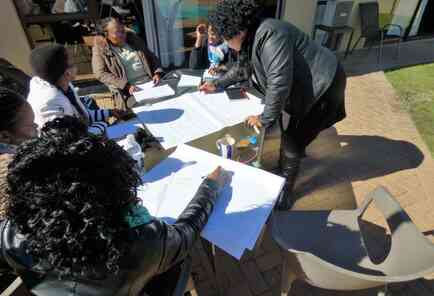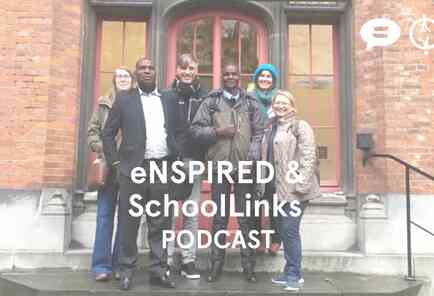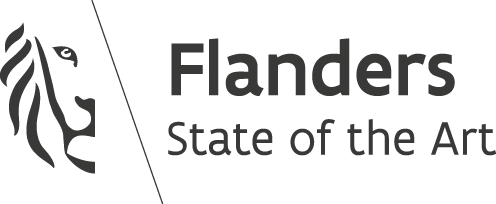In spring 2021, Edu by KU Leuven and the Flemish Association for Teacher Educators (VELOV) organised a professionalisation project about acting ethically as a committed teacher trainer in an ethnically and culturally diverse society. Between the inspiring keynotes on the opening day and the closing session, 19 online sessions were organised on various topics. These included multilingualism, multiculturalism, diversity, inequality, and decolonisation. Relevant practical examples provided new insights. During one of the sessions, eNSPIRED provided an international perspective. Together with our colleague Abbas Kigozi from VVOB in Uganda, two teacher trainers from VIVES University of Applied Sciences put together a webinar on 'how to deal with newcomers in education?'.
Nine learning outcomes for teachers
Els Vanobberghen and Stefan Dewitte from VIVES University of Applied Sciences presented SIREE (Social Integration of Refugees through Education and self-Employment), a project in which they identified nine learning outcomes by means of various learning communities. These outcomes relate to the knowledge and skills of the learning force in an ethnically and culturally super-diverse school context and will be integrated into the VIVES teacher training curriculum.Remedial teaching with Teaching at the Right Level methodologies
Our colleague Abbas Kigozi of VVOB in Uganda was the source of international inspiration. He is responsible for coordinating Teaching at the Right Level project in Uganda. Uganda is one of the largest host countries for refugees worldwide, with 1.31 million refugees and asylum seekers (UNHCR, 2019). Newcomers attend school together with their Ugandan peers. They often face specific socio-emotional and psychosocial challenges and must be taught in a language they do not master. With Teaching at the Right Level, a remedial teaching methodology developed by Indian NGO Pratham, students are grouped according to ability, and not age. Through learner-centred teaching, they acquire basic literacy and numeracy skills.
The Teaching at the Right Level or TaRL project develops basic literacy and numeracy skills, and transferable skills (also known as life skills or 21st century skills) in adolescents aged 12 to 19 who are over-aged for the grade they are placed at.
The project is built on two main pillars:
1. Piloting effectiveness of different TaRL-modalities for remedial teaching of reading and math skills. Through learner-centred teaching and grouping of learners according to their ability and not their age, learners acquire basic skills in reading and mathematics.
2. Strengthening transferable skills in line with Uganda's thematic curriculum. After all, refugees in Uganda have the right to get a job and set up businesses.
During the webinar, a fascinating dialogue was established. Based on a variety of statements, speakers exchanged interesting insights with each other and the participants:
- Diversity is also a characteristic of quality education: in terms of content, pedagogics-didactics, relationships and organisation
- Newcomers bring along a wealth of experience, qualities and talents
- Feeling at home in a new environment is a key indicator of integration
- Involving parents in school events is even more important for newcomers who speak a different language
- Raising a child is a community effort
Watch the full webinar to learn more
Download the presenation
Subscribe to our (Dutch) newsletter
|
English





